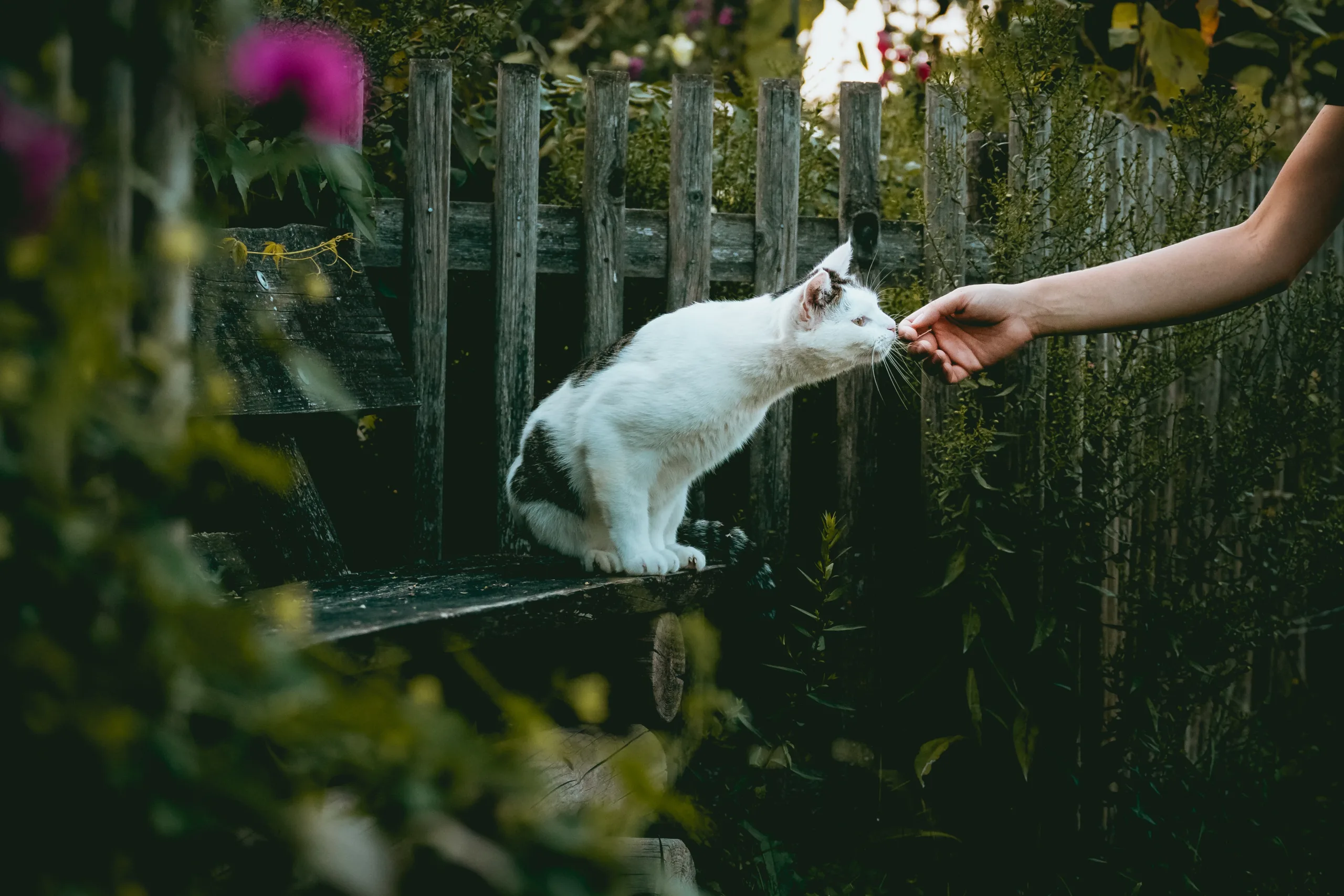Introduction:
As cat owners, we often wonder if our feline companions can enjoy the same foods we do, including nuts. Nuts are a popular and nutritious snack for humans, but when it comes to cats, their dietary requirements and digestive systems are quite different. In this article, we will explore whether cats can eat walnuts, the potential risks associated with nut consumption, and what to do if a cat accidentally ingests nuts.
For more about cats click here
Understanding Cats’ Unique Diet:
Cats are obligate carnivores, which means their natural diet primarily consists of meat. Their digestive systems are specifically adapted to process animal proteins, and they lack certain enzymes needed to digest plant-based foods effectively. As such, their nutritional needs differ significantly from those of omnivores or herbivores.
Can Cats Eat Walnuts:
No, cats should not eat walnuts or any other nuts. Walnuts contain a high amount of fat and protein, which is not suitable for a cat’s diet. Additionally, walnuts can be challenging for cats to digest, potentially leading to gastrointestinal issues.
What Happens if a Cat Eats a Walnut:
If a cat ingests a walnut, it can lead to various health issues. The high fat content in nuts can put stress on a cat’s liver and pancreas, potentially leading to pancreatitis or other digestive problems. Moreover, the shape and size of walnuts can pose a choking hazard to cats.
What Nuts are Toxic to Cats:
Several nuts are toxic to cats and should be strictly avoided. These include:
- Macadamia Nuts: These nuts contain substances that can cause weakness, vomiting, and tremors in cats.
- Almonds: Almonds are high in fats, which can lead to digestive issues in cats.
- Pecans: Pecans contain a toxin called juglone, which can be harmful to cats.
- Hazelnuts: Hazelnuts have a high fat content that can be hard for cats to digest.
Can Cats Eat Walnuts or Almonds:
No, cats should not eat walnuts or almonds. Both walnuts and almonds have a high fat content and can be difficult for cats to digest. Consumption of these nuts can lead to gastrointestinal problems and other health issues.
What Happens if a Cat Eats Nuts:
If a cat eats nuts, they may experience vomiting, diarrhea, abdominal pain, or even pancreatitis. In severe cases, nut ingestion can lead to life-threatening conditions that require immediate veterinary attention.
Is it OK if a Cat Eats a Peanut:
Peanuts are not toxic to cats in small amounts, but they are not recommended as a part of their regular diet. Peanuts are high in fats and can be challenging for cats to digest, leading to digestive upset. It’s best to avoid feeding peanuts or any other nuts to cats altogether.
FAQs on Can Cats Eat Walnuts?
1. What happens if a cat eats a walnut?
If a cat eats a walnut, it can lead to gastrointestinal issues and stress on their liver and pancreas due to the high fat content.
2. What nuts are toxic to cats?
Macadamia nuts, pecans, and hazelnuts are toxic to cats and should be avoided.
3. Can cats eat walnuts or almonds?
No, cats should not eat walnuts or almonds as they are high in fat and difficult for cats to digest.
4. What happens if a cat eats nuts?
If a cat eats nuts, they may experience vomiting, diarrhea, abdominal pain, or pancreatitis.
5. Is it OK if a cat eats a peanut?
Peanuts are not toxic to cats in small amounts, but they are not recommended as a part of their regular diet due to their high fat content.
In conclusion, cats should not eat walnuts or any other nuts. Their unique dietary requirements as obligate carnivores make it essential to provide them with a balanced and species-appropriate diet. If a cat accidentally ingests nuts or shows signs of digestive discomfort, it is crucial to seek immediate veterinary attention to ensure their health and well-being.
Click here for more
